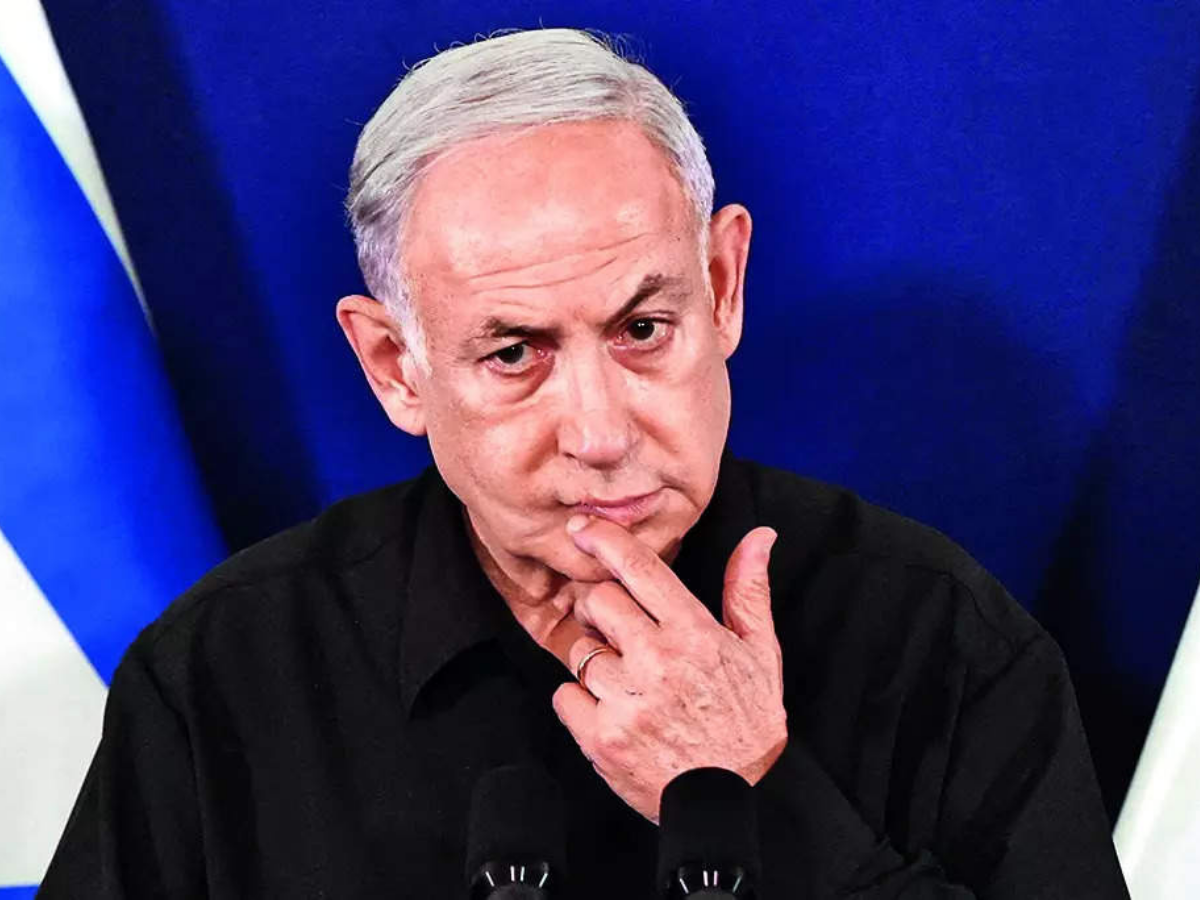Gaza ceasefire uncertain, Israel vows to continue Rafah operation

The developments in the seven-month-old war came as Israeli forces struck Rafah on Gaza’s southern edge from the air and ground and ordered residents to leave parts of the city, which has been a refuge for more than a million displaced Palestinians.
Hamas said in a brief statement that its chief, Ismail Haniyeh, had informed Qatari and Egyptian mediators that the group accepted their proposal for a ceasefire.
Israeli Prime Minister Benjamin Netanyahu’s office said later that the truce proposal fell short of Israel’s demands but Israel would send a delegation to meet with negotiators to try to reach an agreement.
Qatar‘s foreign ministry said its delegation will head to Cairo on Tuesday to resume indirect negotiations between Israel and Hamas.
In a statement, Netanyahu’s office added that his war cabinet approved continuing an operation in Rafah. Jordan’s Foreign Minister Ayman Safadi said on social media site X that Netanyahu was jeopardizing a ceasefire by bombing Rafah. An Israeli official, speaking on condition of anonymity, said the proposal that Hamas approved was a watered-down version of an Egyptian offer and included elements that Israel could not accept. “This would appear to be a ruse intended to make Israel look like the side refusing a deal,” said the Israeli official.
U.S. State Department spokesman Matthew Miller said Washington would discuss the Hamas response with its allies in the coming hours, and a deal was “absolutely achievable”.
More than 34,600 Palestinians have been killed in the conflict, according to Gaza health officials. The U.N. has said famine is imminent in the enclave.
The war began when Hamas militants attacked Israel on Oct. 7, killing about 1,200 people and abducting 252 others, of whom 133 are believed to remain in captivity in Gaza, according to Israeli tallies.
RAFAH HIT BY STRIKES
Any truce would be the first pause in fighting since a week-long ceasefire in November, during which Hamas freed around half of the hostages.
Since then, all efforts to reach a new truce have foundered over Hamas’ refusal to free more hostages without a promise of a permanent end to the conflict, and Israel’s insistence that it would discuss only a temporary pause.
Taher Al-Nono, a Hamas official and adviser to Haniyeh, told Reuters the proposal met the group’s demands for reconstruction efforts in Gaza, return of displaced Palestinians and a swap of Israeli hostages for Palestinian prisoners in Israeli jails.
The Hamas deputy chief in Gaza, Khalil Al-Hayya, told Al Jazeera television the proposal comprised three phases of six weeks each, with Israel to pull its troops out of Gaza in the second phase.
Earlier on Monday, Israel ordered the evacuation of parts of Rafah, the city on the Egyptian border that has served as the last sanctuary for around half of Gaza’s 2.3 million residents.
An Israeli strike on a house in Rafah killed five Palestinians, including a woman and a girl, medics said.
Israel believes that a significant number of Hamas fighters, along with potentially dozens of hostages, are in Rafah and has said that victory requires taking the key city.
Israel’s closest ally, the United States, has called on it not to assault Rafah, saying it must not do so without a full plan in place to protect civilians there, which has yet to be presented.
A separate U.S. official said that Washington is concerned about Israel’s latest strikes against Rafah but does not believe they represent a major military operation.
Israel said on Monday it was conducting limited operations on the eastern part of Rafah. Palestinian residents said there were massive air strikes.
“They have been firing since last night and today after the evacuation orders, the bombardment became more intense because they want to frighten us to leave,” Jaber Abu Nazly, a 40-year-old father of two, told Reuters via a chat app.
“Others are wondering whether there is any place safe in the whole of Gaza,” he added.
Instructed by Arabic text messages, phone calls and flyers to move to what the Israeli military called an “expanded humanitarian zone” around 20 km (12 miles) away, some Palestinian families began trundling away in chilly spring rain.
Some piled children and possessions onto donkey carts, while others left by pick-up or on foot through muddy streets.
As families dismantled tents and folded belongings, Abdullah Al-Najar said this was the fourth time he had been displaced since the fighting began seven months ago.
“God knows where we will go now. We have not decided yet.”
Source link





